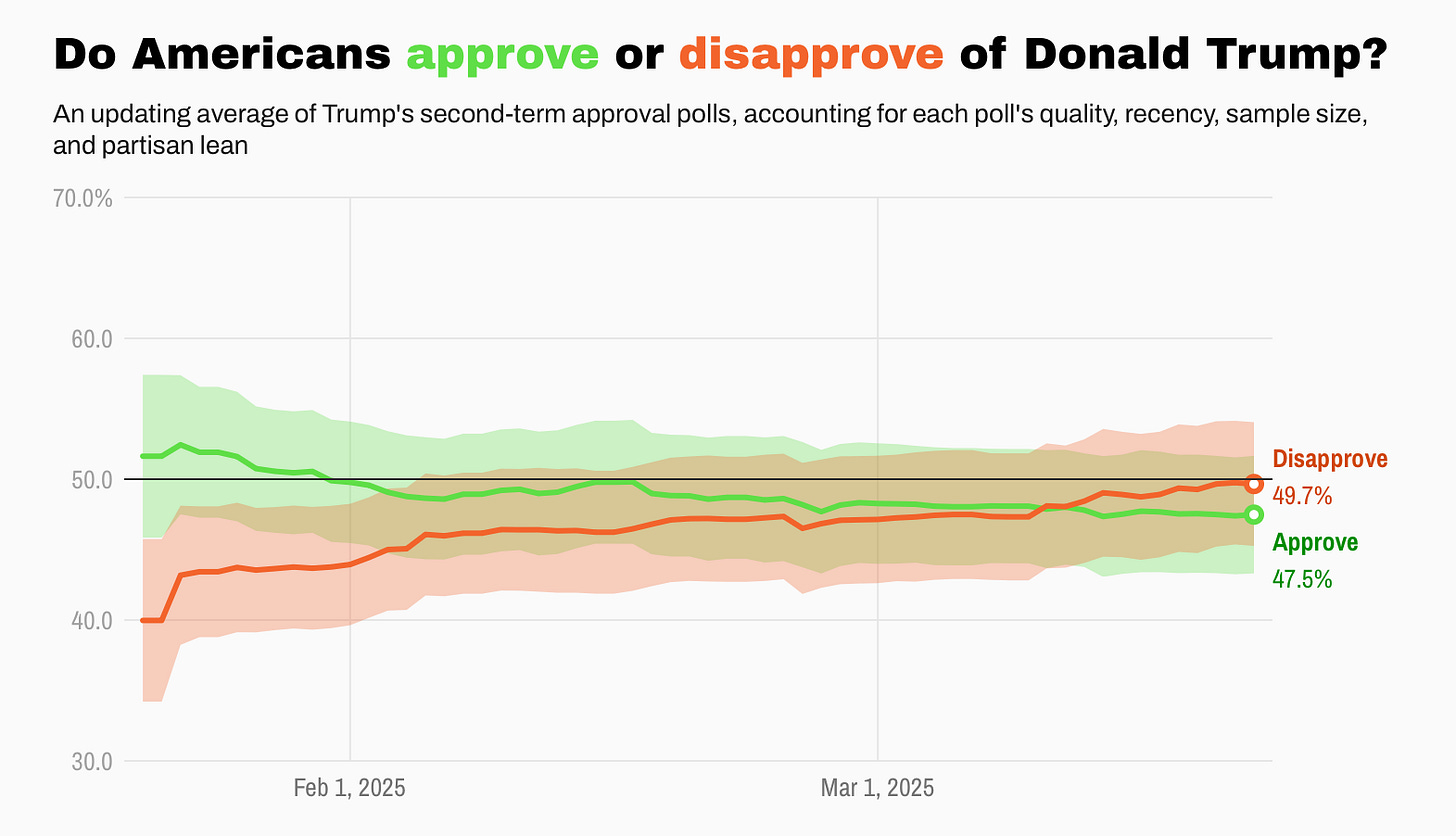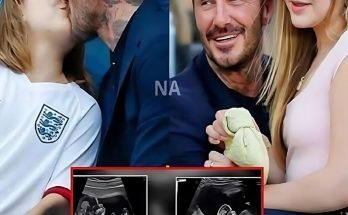April Fool’s Day might bring some needed levity to these dark days, but you are not likely to find much of it in Wisconsin — too much is at stake on April 1 with an election to fill a seat on the state’s Supreme Court. Early voting began last week.
The election, in a swing state that Donald Trump won by less than 1 percent, is the first major race since Trump took office. Some are calling it an early referendum on the president’s second term. Things are not looking all that good for the president.
Nationally, Trump’s approval ratings are dropping. According to polling guru Nate Silver, Trump has lost 14 points since taking office just two months ago, and his approval ratings are considerably down. These rates of decline are unprecedented, especially at the start of a term.

Besides being a potential bellwether for Trump, the Wisconsin election is important to the state itself. The court, which currently has a 4-3 liberal majority, is expected to make decisions about a full abortion ban and congressional redistricting — the latter of which could impact the makeup of Wisconsin’s delegation in the U.S. House.
Such an important race has a price tag to match. So far $80 million has been raised, according to WisPolitics.com, and there is still a week to go. It is the most expensive judicial race in U.S. history, topping the $55 million spent on a 2023 Wisconsin Supreme Court race.
When not trying to destroy the federal civil service, Elon Musk is attempting to flip the Wisconsin court. He has dropped $13 million on the race, according to the Brennan Center for Justice. While that’s pocket change for the world’s richest man, his PACs aren’t simply buying TV ads — it looks like they’re trying to buy votes.
Musk’s America PAC is offering $100 to every registered voter who gives them contact information and signs a petition opposing “activist judges.” In addition, it is promising $100 for each Wisconsin voter they refer who also signs the petition. The devil is in the fine print, however. Payment is not automatic or quick. The PAC decides who gets paid and when, which might not be for months.
This tactic could energize voters and help get out the vote. And it will allow Musk’s PAC to flood the contacts it receives with targeted ads for the conservative candidate, Judge Brad Schimel.
Musk has used this controversial gambit before, and seemingly effectively. In the run-up to the presidential election, he paid registered voters in six battleground states to sign a petition supporting the Second Amendment, the right to keep and bear arms.
Trump has endorsed Schimel and with predictable hyperbole denounced his opponent, Circuit Court Judge Susan Crawford. “If she wins, the Movement to restore our Nation will bypass Wisconsin,” the president wrote on Truth Social.
Election attorney Michael Maistelman told the Milwaukee Journal Sentinel that offering money to sign a petition might be considered “an improper inducement” to influence an election.
“Wisconsin law prohibits offering anything of value to induce a person to vote, refrain from voting, or take any action related to an election. Even though the money isn’t directly tied to voting, it could still be seen as an unlawful incentive related to election activity,” Maistelman explained.
So far, no one has tried to block the payments in court.
Crawford has made linking Musk and Schimel a key component of her campaign. Tying the two has helped her raise $24 million from 113,000 donors. In a statement, she said Musk is “trying to buy influence over the Wisconsin judiciary.”
Might Musk have another motivation? Crawford’s campaign spokesperson, Derrick Honeyman, thinks so. He has accused Musk of “trying to buy a seat on the Wisconsin Supreme Court to secure a favorable ruling in his company’s lawsuit against the state.” In January, Tesla sued the state because it has barred the electric car maker from opening dealerships in Wisconsin. The case could go to the state Supreme Court.
Musk and his money are not the only thing driving this election. Voters tell the Associated Press that abortion is their most important issue. Crawford has made abortion access a central plank of her campaign. The court is set to decide whether to revive an 1849 Wisconsin law criminalizing “the willful killing of an unborn quick child.” This 175-year-old law was passed by an all-male legislature long before women had the right to vote.
Schimel has previously supported the 1849 abortion ban, though on the campaign trail and in a debate with Crawford he bobbed and weaved around the issue.
Off-year judicial elections don’t usually earn much attention or garner high voter turnout. Wisconsin’s Supreme Court election is defying those trends. Will voter turnout exceed normal levels? What will be the impact of Musk’s involvement? With all that’s riding on this one state’s judicial election, stay tuned.



